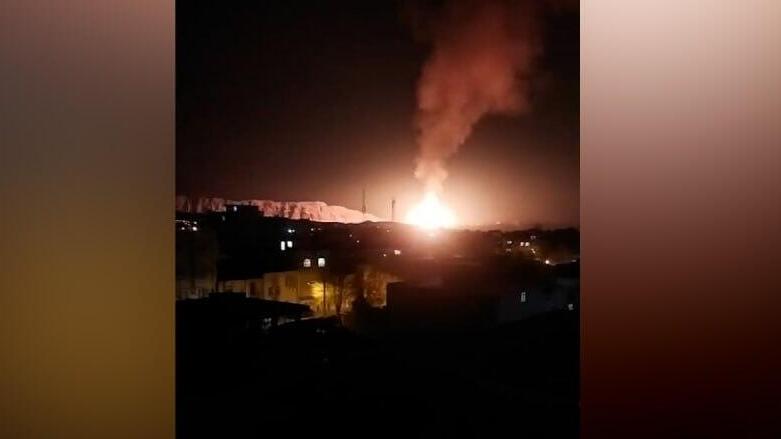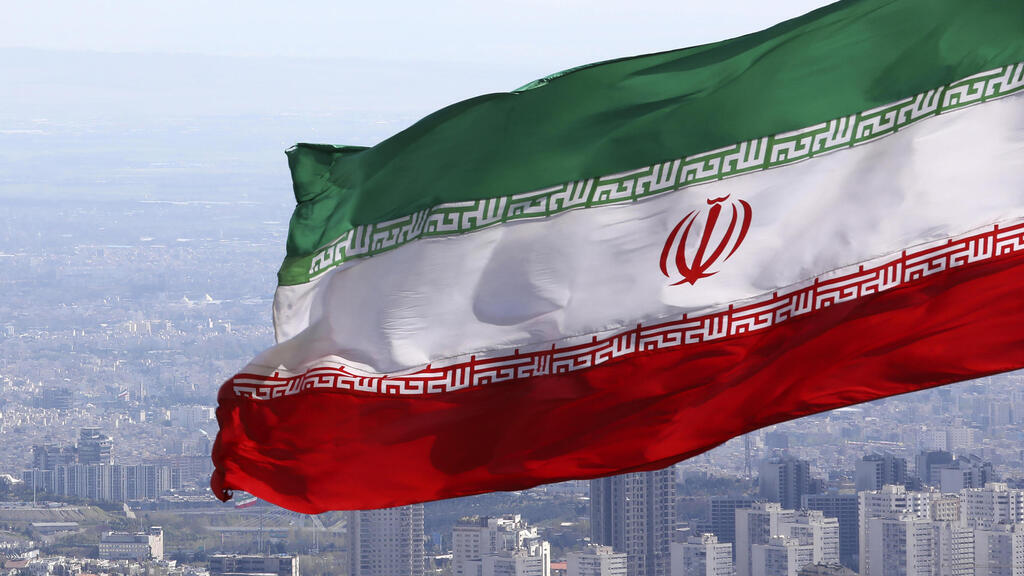Getting your Trinity Audio player ready...
Iran’s oil and gas industry, including petrochemical plants that process crude oil into various products, is the most important economic factor in the country. Not only do the Iranian government's revenues come mostly from these industries, but it also supplies energy needs and petroleum and gas products to the local market, which supports over 83 million people.
More stories:
The New York Times reported Friday that Israel was behind the explosions in two main Iranian gas pipelines that took place overnight Wednesday, and another explosion at a chemical plant in Tehran on Thursday. Cooking gas is a daily essential for households in Iran and also for its exports.
Therefore, when gas and oil pipeline networks are affected, and a chemical manufacturing plant is targeted, this harms more than just Iranian households and citizens but also the ability of Tehran’s regime to ensure economic security for its population on a daily basis. This isn’t a decisive blow, but it creates a shortage felt in wide areas of the country.
Those who carried out the explosions in Iran knew this, and if it was indeed done under Israel’s influence, namely via the Mossad as claimed by The New York Times, the explanation for this is almost self-evident: the Iranians have been waging an active war against Israel since October 7 through its proxies; Hezbollah in Lebanon, the Houthi rebels in Yemen, and Shiite militias in Iraq and Syria.
Iran not only directs its proxies on when and how much to harm Israel, but it also provides them with the weapons and military intelligence necessary to strike Israel during wartime. Therefore, while it was argued in past years that the Mossad was responsible for several operations in Iran in the context of its nuclear program arms industry, it can now be assumed that Israel has decided to strike at Iran’s general infrastructure as well.
It can be assumed that Israel’s rationale behind the alleged move is that Iranian citizens should pay the price if Israeli citizens in the north of the country can’t return to their homes and if residents of Eilat are forced to stay in shelters.
Pipeline explosion in Iran
Tehran can’t hide behind its proxies while the lives of its citizens go on as usual. Iranian residents need to know that the regime’s aggressive policy also affects them directly.
It should be noted in this context there were incidents attributed to Israel in civilian economic facilities unrelated to Tehran's nuclear weapons development or the Iranian arms industry in the past.
The incidents attributed to Israel followed cyberattacks carried out by Iranian hackers on Israeli infrastructure such as water supply systems and hospitals. Israel, it was claimed, targeted cargo shipments at Iran’s Bandar Abbas port, the railway system, and gas stations via cyber means – leading to the Iranian attack.
The targeting of Iran's gas pipelines and petrochemical plant that took place last week was likely part of a different strategy for striking Iran and the Iranians. In recent months, eliminations of officers in Iran’s Revolutionary Guards who operated Shiite militias in Syria or aided Hezbollah in firing its weapons systems have been attributed to Israel.
These eliminations, if carried out by Israel, were intended to make it clear to the Iranians that they would pay the price for such actions.
It’s possible that when Israeli officials understood, presumably with the help of the Mossad, that direct targeting of senior Iranian Revolutionary Guards commands in Syria wasn’t enough, whoever decided to act did so by inflicting a painful blow on Iran's economy and daily life.
This may be just the beginning; Israel still holds back from targeting Iranian oil production and exports - which is at the heart of Iran's economy. Meanwhile, Israel does what the United States is still unwilling to do — even though it knows that Shiite militias in Iraq and the Houthis in Yemen are being directly operated from Tehran — albeit without taking responsibility - as claimed by The New York Times.







